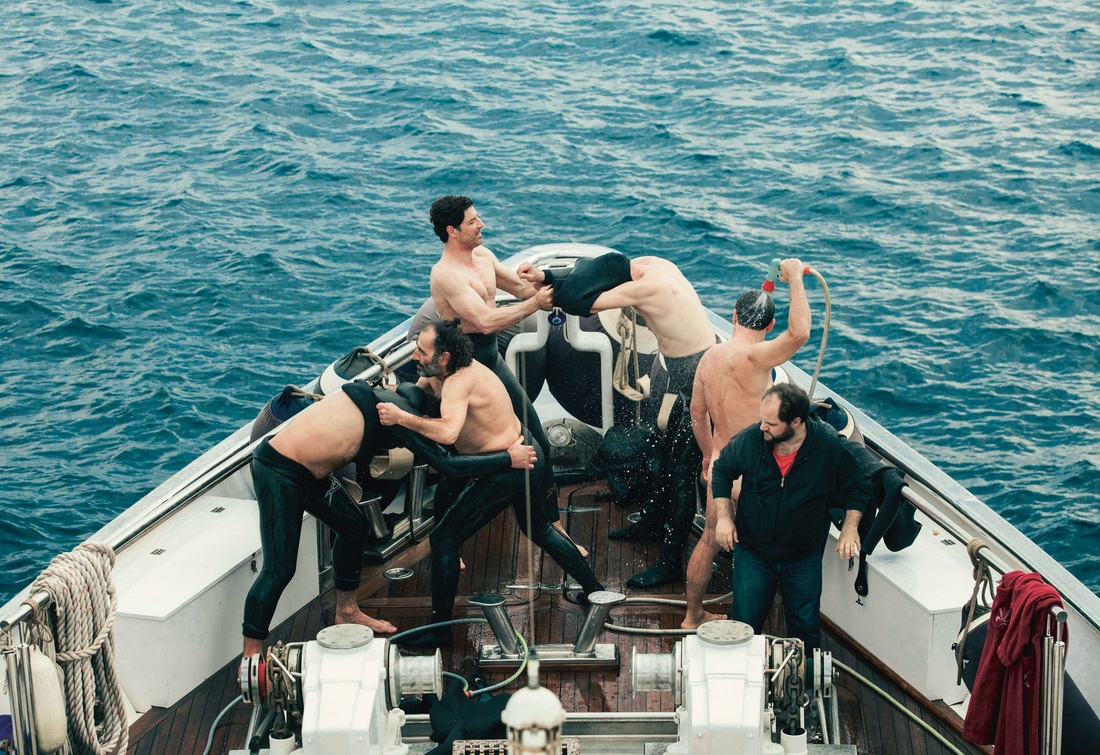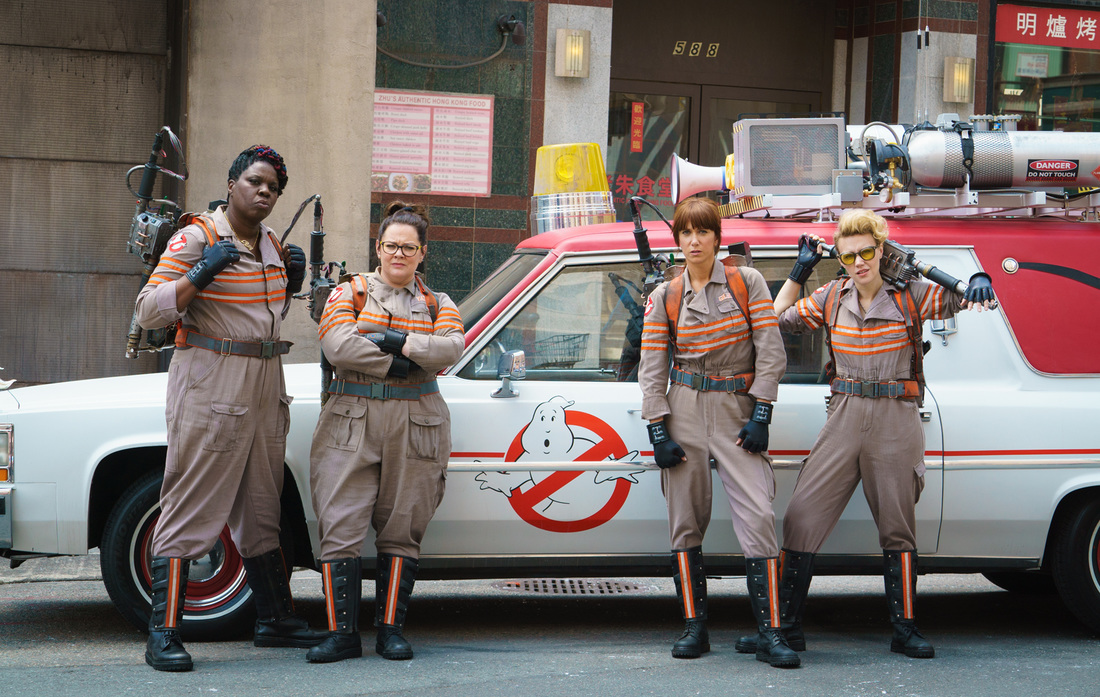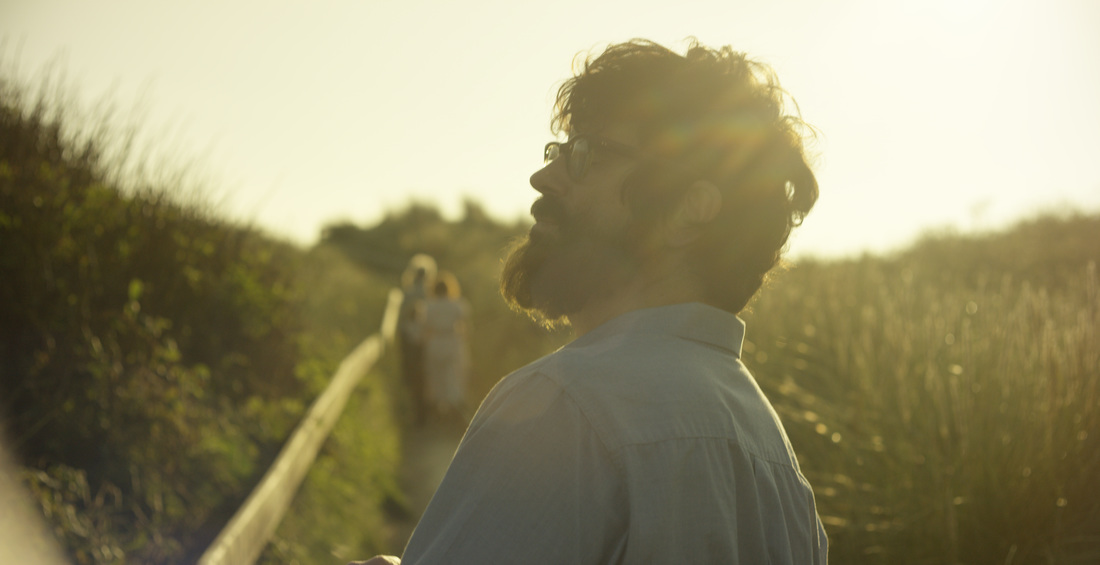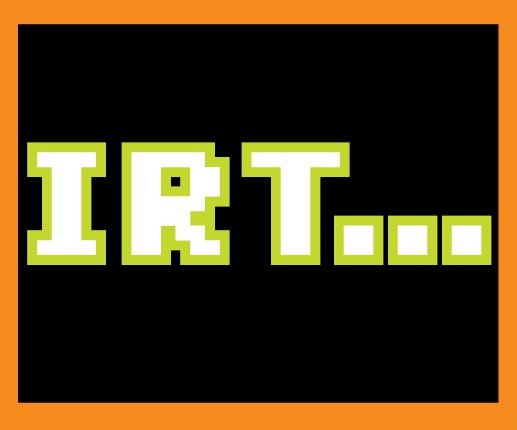|
You may be the best person in your friend group at certain things. Tennis, for example. Others may be better at more obscure tasks, keeping their fish tank clean perhaps. But who out of everyone you know is the best at everything? Who’s the best in general? That’s what Director Athina Rachel Tsangari takes aim at in her delightfully weird comedy Chevalier, a movie about everything and nothing at the same time. Story-wise, the plot’s quite simple. We join six middle-aged men enjoying an ocean excursion on a luxury yacht. With a few days to kill before they sail into Athens and return home, they decide to play a game to find out who is the best person on the boat, with the lucky winner taking home a coveted chevalier pinky ring. In order to figure this out, the group must score each other on absolutely everything; from personality and posture to how well or poorly they perform everyday tasks. With the on-board help providing each man with a notebook and pen, the game tentatively begins. Scores mount, paranoia quickly takes hold. Bizarre but refreshingly simple, Tsangari’s bottle comedy takes a good look at how we see ourselves and our tendency to compare every aspect of our lives to those around us. The Director’s female gaze is key here and allows for a more honest reflection of alpha-male competition. Interestingly, Tsangari’s film is almost entirely testosterone filled, with female characters only appearing briefly as off-screen voices. This choice allows for an unbiased, outsider viewpoint through which to inspect the pissing-contest mentality that’s so often found in male dominated environments. As you can imagine, it’s not long before dick measuring is brought into the equation. Ridiculous? Yeah, but we all know it’s probably what would happen in real life. Anchoring Tsangari’s cast is some dryly comic dialogue that finds humour in the minutia of everyday chat. A dinner table scene in which the gang debate whether or not one of their mates resembles a panda is particularly funny. As the game takes hold, each player's words earn more weight as personalities are painstakingly picked apart and each players’ cards are gripped ever closer to their chests. The cast all have their moments but it’s Makis Papadimitiriou who turns in the most broadly comic performance as overgrown manchild Dimitris. His peak is reached as the stakes get higher and the one-upmanship mounts, resulting in one of the film’s most left-field - but weirdly funny - sequences. As it stands, Greece might not exactly be well known - or known at all - for its comedy chops but with Chevalier, Tsangari shows us what we’re missing. There’s a bit in the new Ghostbusters where the gang have finally got things up and running and immediately face skepticism from internet trolls. “Aint’ no bitches gonna hunt no ghosts” reads Melissa McCarthy’s plucky scientist Abby Yates from the comments section of a ghost video they’ve posted on Youtube. To say that Paul Feig’s reimagining of Ivan Reitman’s original movie has received its fair share of grief is a bit of an understatement. It’s had so much, it’s bled into the movie itself. Spooky. It’s no surprise then that Feig decides to tackle this head on, peppering lots of knowing winks (or are they middle fingers?) to all the naysayers who were so vocally against this movie happening. As it turns out, the naysayers were wrong as naysayers often are. Despite what felt like the whole world fighting against it, 2016’s female-led Ghostbusters movie is no disaster. It’s not perfect - not by a long shot - but it’s undeniably fun. Sorry misogynistic internet. Feig’s franchise freshener places a quartet of new faces in the Ecto-1 and pits them against a quiet loner hellbent on supercharging New York’s supernatural activity and sending the entire city to a ghostly nether region. Plot-wise, that’s all you need to know and really, all we get to know. Gone is Aykroyd and Ramis’s deep love of the genre, instead Feig seems more occupied with gags than ghosts - which is to be expected. After all, as the director of Bridesmaids and some classic US Office episodes, comedy is this filmmaker’s forte but pair that with a Ghostbusters movie - or more accurately, a movie that a lot of fans have a lot of (very specific) expectations for, and the two don’t always gel. Still, this doesn’t irreparably damage the film. Feig’s Ghostbusters works best when it’s in full-on comedy mode and he couldn’t have picked a better quartet of leading ladies to drum up the chuckles. Kristen Wiig’s skeptic-turned-believer Erin Gilbert and McCarthy’s Yates have fun in their usual playground of ad-libbed humour while SNL ace Leslie Jones as the street-wise Patty Tolan brings some welcome sass to the situation. However, it’s Kate McKinnon’s Jillian Holtzman who gets the most laughs. From her quirky screen intro to her weirdo quips and blonde quiff, McKinnon steals the show with a character that relishes in her own weirdness. Feig’s well aware of this too, even giving her her own action money-shot sequence during the movie’s big bustin’ climax. That’s right, prepare to meet your new favourite Ghostbuster. In between McKinnon and the stupidly funny Chris Hemsworth (emphasis on the stupid) as secretary Kevin, Feig has so much fun churning out the funny the whole Ghostbusters thing feels a little secondary. Leaps are made, exposition’s dumped and baddie’s preach in a slime-covered plot that feels a little rushed and squeezed amongst countless nostalgia nods that hold the film back from becoming its own entity. In fact, there are so many strolls down memory lane, this sort of feels like the birth of a whole new genre: the nostalg-equel? Sure there’s a catchier name... Plotting problems aside, Feig does still manage to capture the magic that really made Ghostbusters so appealing in the first place: four nobodies rising to the challenge of saving the world when no one else can. In the words of Winston Zeddemore, they have the tools and they have the talent. Next time out, there’ll be no stopping them. Living in one of the most opulent ages in history, it goes without saying that there’s plenty of stuff we take for granted. Gratification needs to be instant these days and if it isn’t, imagine the grumble we’d have at being denied something. But imagine having your sight taken away from you; being stripped of your entire world without compromise or even a much needed light at the then of the tunnel. Could you handle it? On the surface, it could be easy to describe Peter Middleton and James Spinney’s documentary Notes on Blindness as, well, just a film about blindness. However there’s much more to be found lurking in the darkness. This captivatingly shot documentary focuses on John Hull, an Australian-born, UK-living academic who lost all vision back in the late seventies after years of sight issues. In an attempt to regain some sort of control over his life and tragic situation, Hull began documenting his newfound isolation via countless cassettes, translating his routines, findings and pain into carefully dictated audio snippets. It’s these voices in the ether that directing duo Middleton and Spinney pull from to bring this turbulent journey to life, together with some newly captured interview testimonials from Hull and his wife Marilyn. The last pieces of the puzzle are two expert turns from actors Dave Renton Skinner (better known as Shooting Stars’ Angelos Epithemiou of all people) and Simone Kirby as Hull’s dedicated spouse who breathe life into these audio accounts with some to-the-tee lip-synching. In fact, they do such a good job at framing Hull’s audio notes, you soon forget you’re not actually watching the interviewees themselves. Each performance pulls you in, making Hull’s touching and often painful story all the more affecting. Perhaps the most potent parts of the documentary, and the reason why Hull’s story is worthy of the big-screen treatment, are the often overlooked or sometimes not even acknowledged aspects of blindness. Imagine the raw pain of not being able to see your child’s smile on Christmas morning. Think about the claustrophobic panic you’d experience fumbling around in a wholly unfamiliar surrounding. Consider what a thirty year absence of visual stimulus does to the human brain. Hull eloquently touches upon all of these topics and more while detailing his unique life experience. You’re probably thinking this all sounds a little too heavy for a casual trip to the cinema. At times, Middleton, Spinney and their cast translating the full extent of Hull’s ordeal so well that it can be quite hard to bear. However the team still manage to end things on a positive note and remind you that while your road may be rocky and situation unpredictable, a strong foundation can be the only light you need. Notes on Blindness is in cinemas now. |
Author: Simon Bland
|




 RSS Feed
RSS Feed
